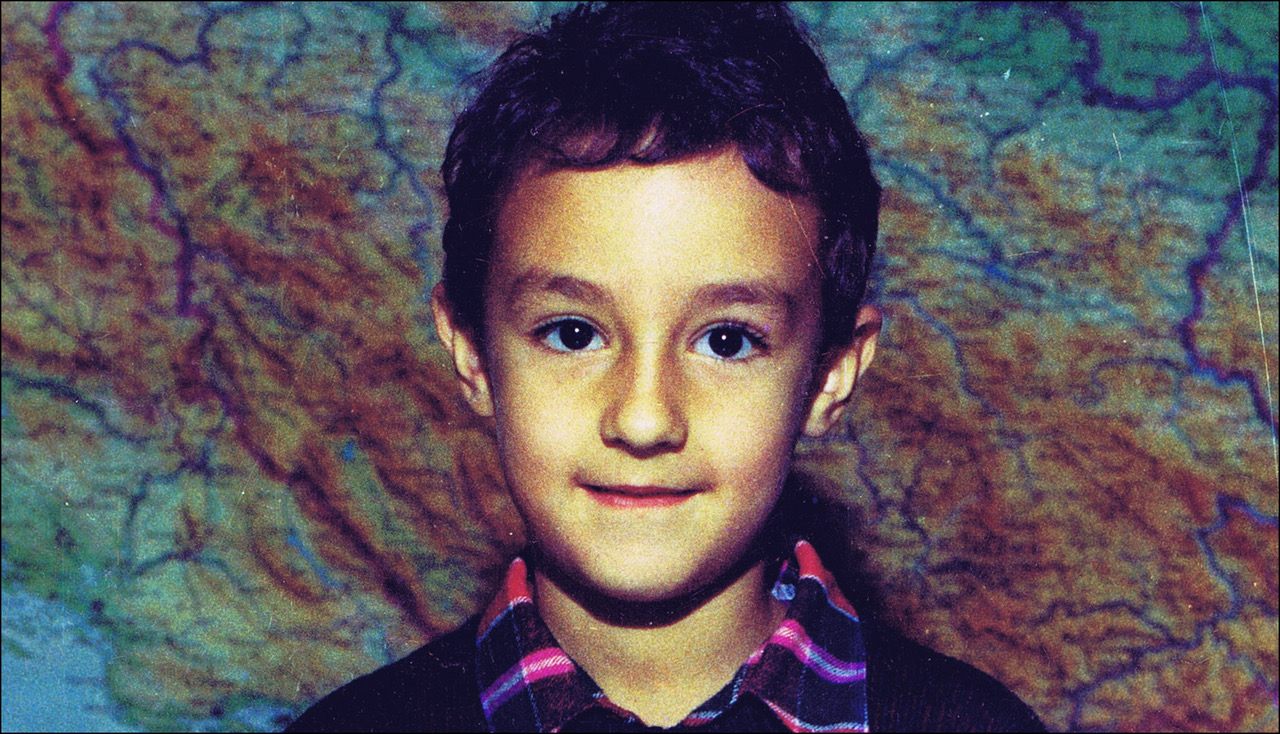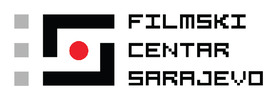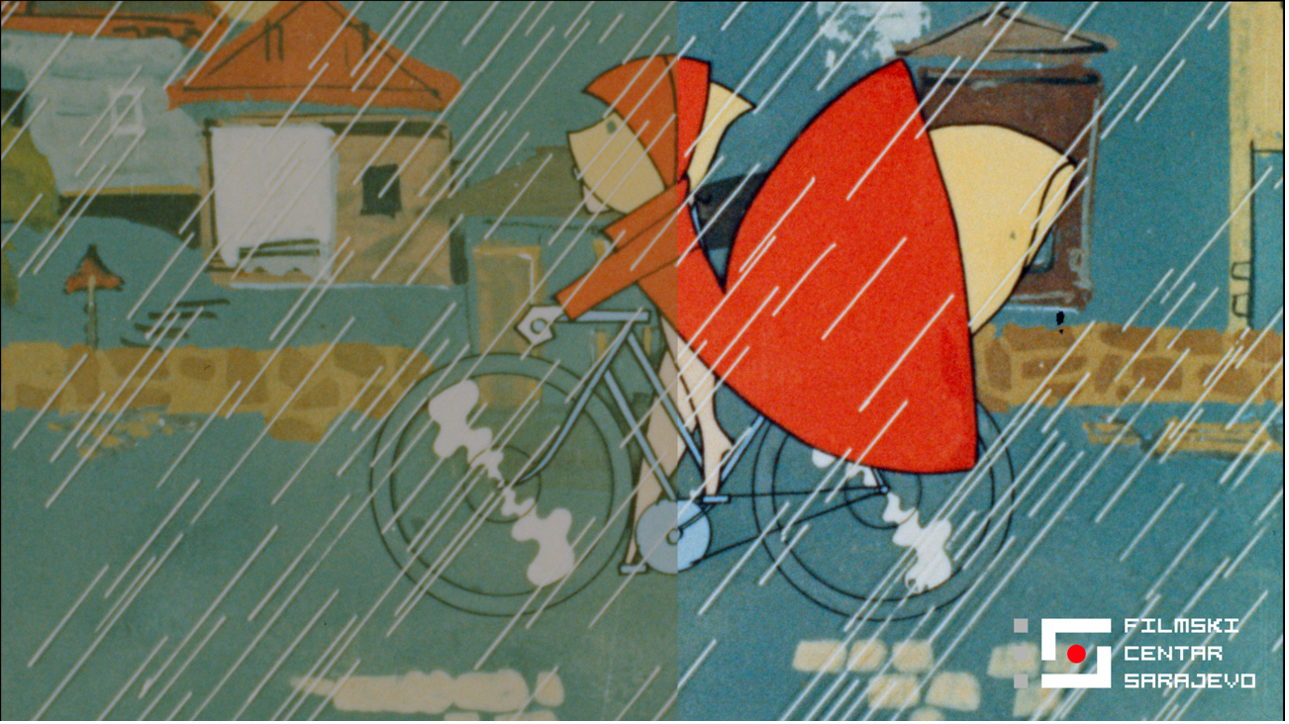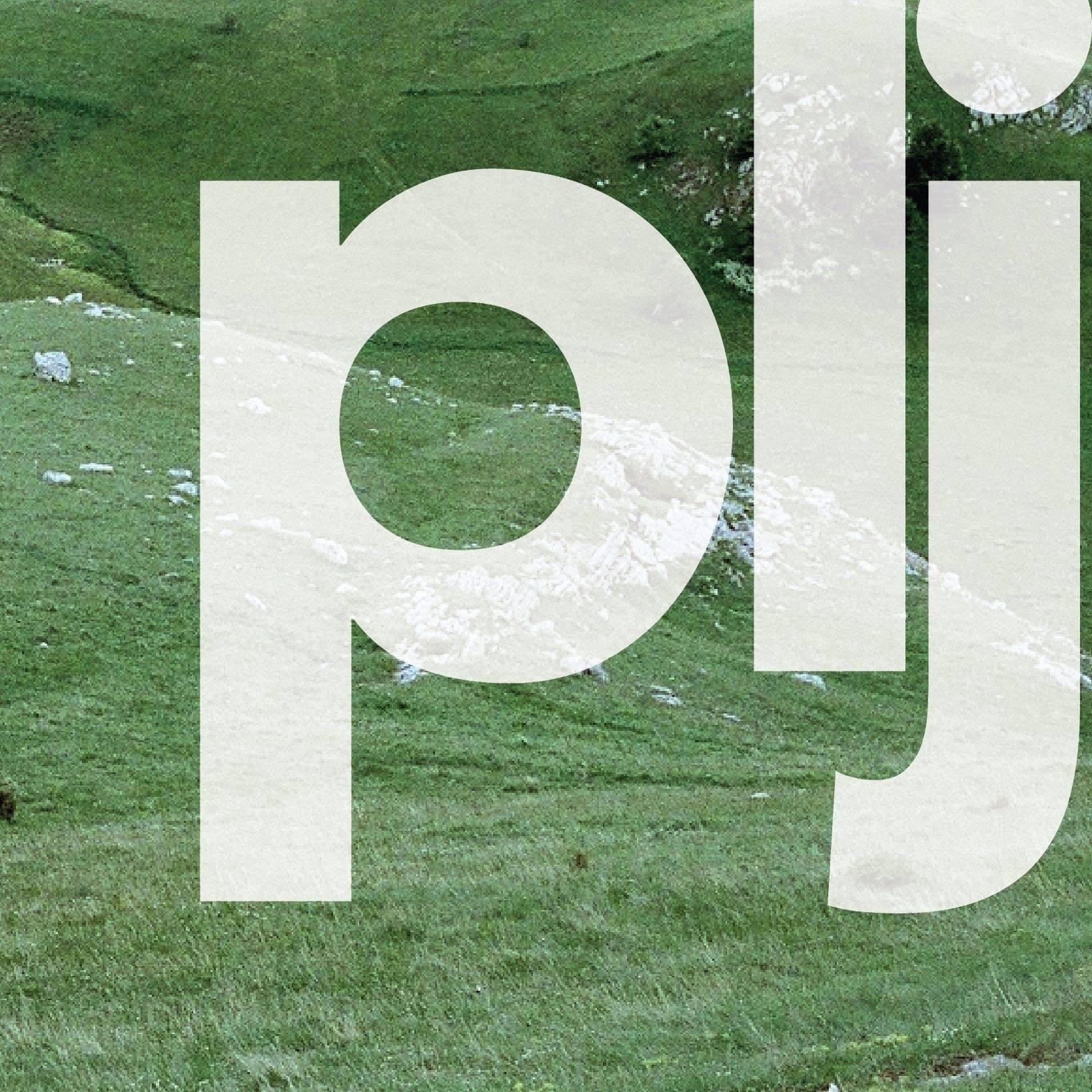
What was the highlight of the last month for you?
May is a great month to cut back on achievements so far and set new goals. That is why we have decided to share the most important moments from the past month that we achieved together with you.
At the beginning of April, in the Film Center Sarajevo, headed by the General Director Ines Tanović, a great progress was made in the realization of the renovation of the Jagomir studio. After almost 30 years, the Jagomir Film Studio has finally got its water connection. This is just one in a series of steps towards the complete renovation of the film studio in which some of the most important films of our cinematography used to be shot, and which was the second home for most film workers in the former Yugoslavia.
In April, another phase of the renovation of the former Jagomir film studio was completed. The primary goal of the Film Center sarajevo is the protection of film heritage. The renovated building of today’s laboratory and auxiliary depot facilities, within the former studio complex, is a safe place for thousands of 35 mm and 16 mm film tapes. Today, Fadila Jahića Španca 1 is a center for the restoration of film material that was only physically saved by film workers. The facility has gone through several more phases of restoration and commissioning. In addition to the professional staff that simultaneously analyzed the film material, archived and strategically separated the sick from the healthy films, FCS performed the reconstruction of the roof covering, thermal insulation of the building, installation of the facade and procurement of laboratory and office equipment.
With the arrival of experienced and talented colorists, technicians for digitization and restoration of films from Belgrade and the most modern equipment, the process of restoring the film to its original state began. Film Center Sarajevo is now the official laboratory for digitization and restoration of the film with the support of the Ambassador’s Fund for the Preservation of Culture of the State Department. The restoration, protection and digitization of the Centre’s 35 mm and 16 mm film collection will ultimately be made available to academic institutions and the public through streaming and online distribution. In this way, with the laboratory of the Sarajevo Film Center, Bosnia and Herzegovina for the first time has the opportunity to compete with other countries by entering the digital age.
An unusual working week at the Film Center Sarajevo began with the news of the beginning of the work of the laboratory for digitization and restoration of the film strip. We are still collecting impressions after the Film Center Sarajevo made the most advanced step in its work so far, led by the Director General Ms. Ines Tanovic, whose vision is to declare the film archive a UNESCO National Heritage Site and awarded the same year by The US Ambassadors Fund for Cultural Preservation (AFCP) award. With distinguished guests, the Sarajevo Film Center cherishes this milestone as a turning point in its work. Thanks to a grant from the Fund of American Ambassadors for the Preservation of Culture with the support of the American Embassy in Bosnia and Herzegovina, the Sarajevo Film Center continues to equip the depot and laboratory of the former Jagomir studio.
The month of April at the Free Cinema Valter, Sarajevo Film Center, was marked by content that promotes young Bosnian and regional authors who enrich the cultural and film scene of BiH with their works. On Saturday, April 9, a screening of films by the young BiH film and theater director Alen Šimić was held. The films Kemix, B4 and Tica are shown, dealing with the topic of growing up in a post-war society and the traumas that marked the generations that experienced the war in the early stages of childhood. Šimić’s style is expressed through a superior representation of reality and characters whose psychology is defined by the subjective experience of the absurd world. The film Tica won the award for the best student film at the Shortest Day festival in Belgrade, and the film B4 won the second place for the best student film at the Leskovac Film Festival in 2020. After the screening of the films, a conversation was held with Šimić, led by BiH playwright Benjamin Hasić.
“Queer Poetry slam – Open mic”, which took place on Saturday, April 16, marked the beginning of cooperation between the Sarajevo Film Center and the Sarajevo Open Center. At the poetry evening, young non-established poets had the opportunity to present their poetry to the audience. With this event, the Film Center Sarajevo officially opened its doors to all young artists who are looking for their place in an environment that sets new obstacles every day. On this evening of poetry, as many as seven poets performed in front of the audience with their (as yet) unpublished works.
As part of the regular lectures How to Read a Film, four film screenings were held with lectures by the professor and dean of the Academy of Performing Arts, Mr. Faruk Lončarević. The films screened are among some of the most significant films in the region, through which film language and style, film elements, and other fascinating facts that are hard to find elsewhere are taught. Visitors had opportunity to see GORI VATRA by Pjer Žalica, KAKO JE POČEO RAT NA MOM OTOKU by Vinko Brešan, ISPRANI by Zrinko Ogresta as well as the movie CRNCiI by Goran Dević i Zvonimir Jurić.
The continuation of the cooperation between Human Rights and the Film Center Sarajevo in April was marked by the theme of home and homeland. The films HOW I BURNED SIMON BOLIVER by Igor Drljača, MY LOST GENERATION BY Vladimir Tomić and Jelena Maksimović’s HOMELAND embody the notion of the relationship of film authorship to the homeland, and through the authors’ characteristic film expressive style deal with their own past, growing up and life through documentary film. A very important segment of FCS and PLJ cooperation is that the focus is on BiH and regional authors whose documentaries have achieved success throughout Europe and who represent a new generation of film workers who will shape the film history of the new generation.
In addition to screenings of documentaries, two Wednesdays were dedicated to some of the most significant film achievements of Ukrainian cinema. The films Shadows of Forgotten Ancestors, Sergei Paradzhanov and Boris Ivchenko’s Lost Letter are considered to be one of the most significant films in the history of film. The screening of older films of Ukrainian cinematography aims to raise awareness of the importance of these films in the history of film, and to show solidarity with film workers in Ukraine.
We’re looking forward to celebrate victories of our community, but keep in mind that the important thing is to find your true source of inspiration and to remain focused in the achievement of your goals. Thank you for being our inspiration!


